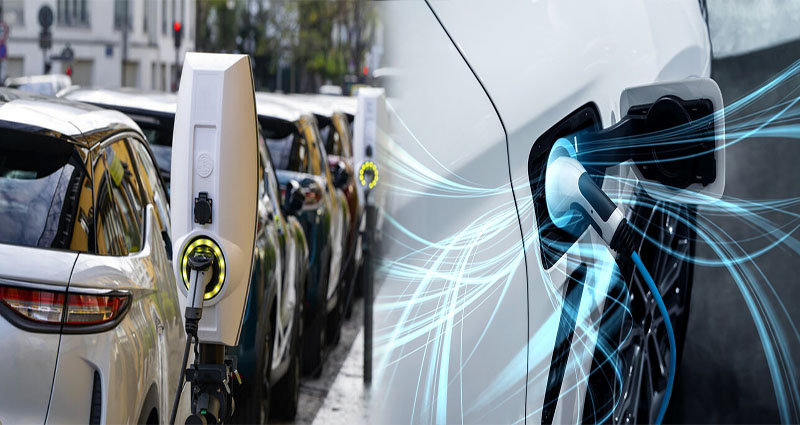The automotive industry is experiencing a significant shift in consumer demand and attitudes towards sustainability, and this is having a profound impact on the growth of electric vehicles (EVs). As more consumers become conscious of the environmental impact of their transportation choices, the demand for electric vehicles has been steadily increasing. This change in consumer mindset, coupled with evolving technologies and government incentives, is driving the growth of the electric vehicle industry.
Changing Consumer Attitudes
In recent years, there has been a notable shift in consumer attitudes towards sustainability, driven by concerns about climate change and environmental degradation. Consumers are now more conscious of their carbon footprint and are actively seeking greener alternatives in all aspects of their lives, including transportation. Electric vehicles, with their zero tailpipe emissions and reduced reliance on fossil fuels, have become an appealing choice for environmentally conscious consumers who want to contribute to a more sustainable future.
Cost and Efficiency Considerations
Apart from environmental concerns, consumers are also taking into account the long-term cost savings and efficiency benefits of electric vehicles. While the upfront cost of electric vehicles may be higher compared to traditional gasoline-powered cars, electric vehicles offer substantial savings in operational costs. The lower maintenance and fuel costs, along with potential government incentives and tax credits, make electric vehicles an attractive investment for consumers looking for cost-effective and efficient transportation options.
Technological Advancements
The rapid advancements in electric vehicle technology have significantly contributed to the growth in consumer demand. The improvement in battery technology has enhanced the performance and range of electric vehicles, addressing one of the primary concerns of potential buyers – range anxiety. Additionally, continuous innovation in charging infrastructure, faster-charging capabilities, and the development of wireless charging technologies have made electric vehicles more convenient and practical for everyday use.
Government Support and Incentives
Government policies and incentives have played a crucial role in boosting consumer demand for electric vehicles. Many countries have introduced subsidies, tax incentives, and grants to make electric vehicles more affordable and appealing for consumers. These policies aim to accelerate the transition to sustainable transportation and reduce greenhouse gas emissions. Government investment in charging infrastructure and public transportation electrification further supports the growth of electric vehicles and makes them more accessible to a wider population.
Industry Response
Automakers and industry stakeholders have been quick to respond to the growing consumer demand for electric vehicles. Several major automakers have committed to producing electric vehicles and phasing out internal combustion engine vehicles entirely in the coming years. These companies are investing heavily in research and development to improve battery technology, increase production capacity, and build brand reputation in the electric vehicle market. This industry-wide response signals a clear acknowledgment of the shifting consumer demand and a commitment towards a sustainable future.
Future Outlook
The combination of changing consumer attitudes, technological advancements, and government support has set the stage for significant growth in the electric vehicle market. Analysts predict a continued surge in consumer demand for electric vehicles as awareness about sustainability grows and more affordable and technologically advanced models enter the market. Furthermore, as the industry tackles challenges such as expanding charging infrastructure, increasing charging speeds, and improving battery technology, electric vehicles will continue to solidify their position as a mainstream transportation option.
Consumer demand and shifting attitudes towards sustainability are driving the growth of electric vehicles. As consumers become more conscious of their environmental impact and seek cost-effective and efficient transportation options, electric vehicles have emerged as a viable solution. Technological advancements, government support, and the industry’s response to changing consumer preferences are paving the way for a future where electric vehicles become the norm. The continued growth of the electric vehicle industry holds significant promise for creating a sustainable and cleaner transportation system, benefitting both consumers and the planet.





